Welcome to www.mintywhite.com! If you're new here, you should subscribe to the RSS feed.
Take a tour of www.Mintywhite.com | Follow me on Twitter @mintywhite
Thanks for visiting!
What Does 64-Bit Vista Get Me?
More bits gets you access to more memory. The processor inside your PC communicates with your system memory (RAM) with numeric addressing. Thus the maximum amount of memory a 32-bit processor can address is 232 bytes, or 4 gigabytes. Newer 64-bit processors—not to mention the 64-bit operating systems that run on them—can address 264 bytes of memory, or 17,179,869,184 gigabytes (16 exabytes) of RAM. (17 million gigabytes may sound like a lot of space now, but it won’t be long before you’ll be taking baby pictures with an 8-gigapixel digital camera.)
Windows NT, released in 1993, was Microsoft’s first fully 32-bit operating system. But it took eight years before the platform, which had since evolved into Windows 2000 and then XP, became mainstream. (For those keeping track, Windows 9x doesn’t count because it was a hybrid OS that ran 32-bit applications on a 16-bit DOS foundation, which was one of the reasons it was so unstable.) 64-bit Windows became a reality in XP, but Vista is Microsoft’s first serious attempt to make 64-bit computing mainstream. But the question is, how mainstream is it?
How Mainstream is 64 bit?
While 64-bit Vista can run most 32-bit applications without a problem, it’s not compatible with 32-bit hardware drivers or 32-bit utilities like Windows Explorer extensions (e.g., context menu add-ons). This means that you need a native 64-bit driver for every device on your PC. And since 64-bit Vista won’t load unsigned drivers (see Chapter 6), finding support for all your hardware may be a bit of a challenge, at least presently. Since most Vista installations are still 32-bit, most manufacturers aren’t bothering to compile, test, and support 64-bit drivers and software.
Is there a Performance Increase?
Now, 64-bit software running on 64-bit Windows has been known to run as much as 10% faster, which illustrates the other reason—aside from memory addressing—that people find 64-bit Vista alluring. Just be prepared for lackluster industry support, at least for the next few years until Microsoft releases a 64-bit-only OS.
All editions of Vista (except Starter) are available in both the 32-bit or 64-bit varieties; the retail Ultimate edition even includes both 32-bit and 64-bit DVDs right in the box.
Find out more from Microsoft’s Vista website
What Next?
Bookmark & Share
Get Daily Windows Guides & Freebies
 RSS feed (don't know what RSS is?), or subscribe by e-mail
RSS feed (don't know what RSS is?), or subscribe by e-mail
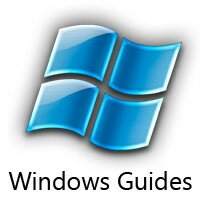
 Home
Home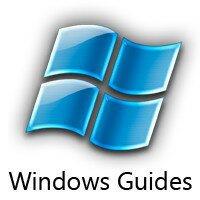 Fonts
Fonts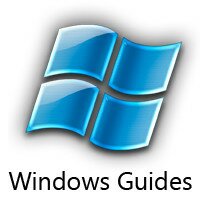 Freeware
Freeware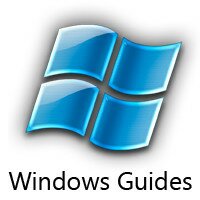 Screensavers
Screensavers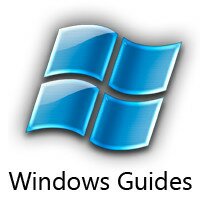 Wallpaper
Wallpaper Best Of
Best Of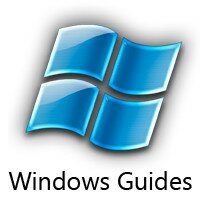 Win 7
Win 7 Vista
Vista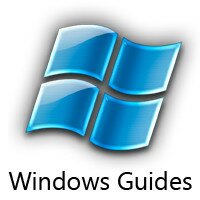 XP
XP Firefox
Firefox





July 12th, 2008 at 8:22 pm
Good advice and I think I’ll go with the 64bit